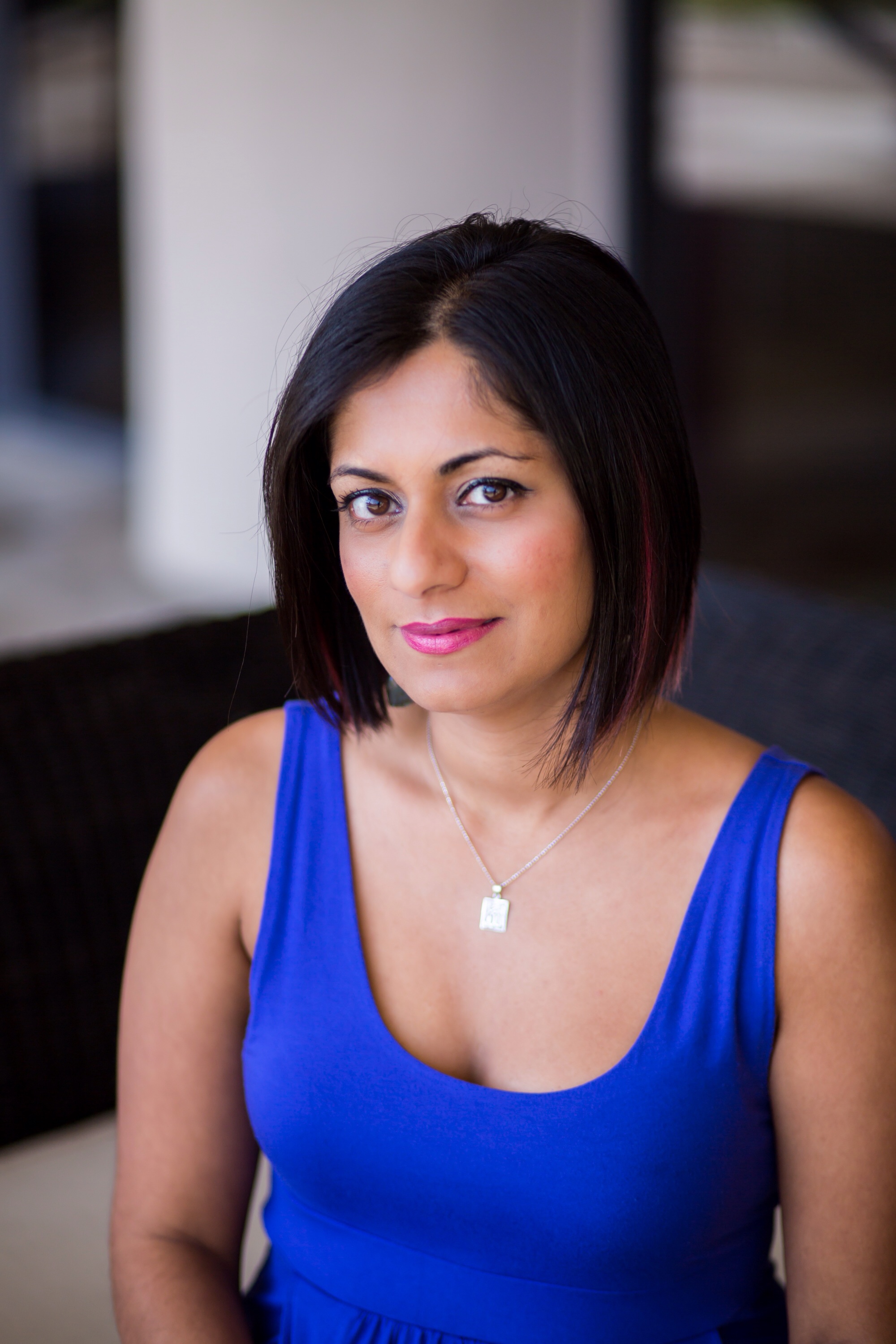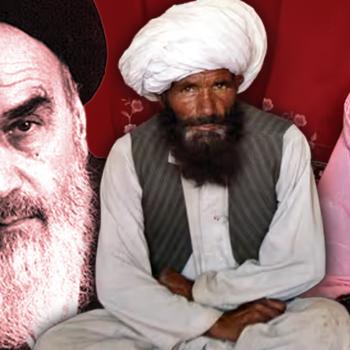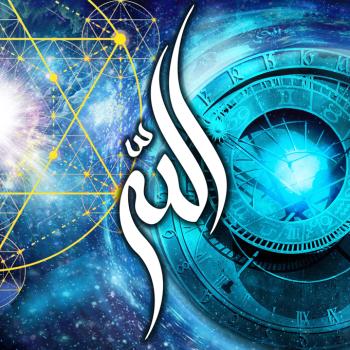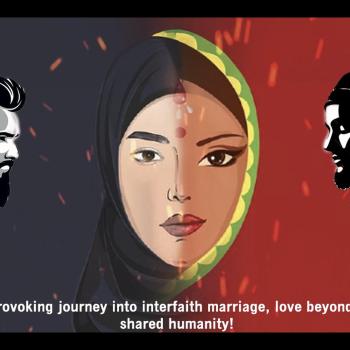
The first time I walked up the sidewalk to the front door after “it” happened, I was surprised. I had expected my house to be covered by gloom, and fear of the oozing grief had pushed me away.
Through the shadow wrapping around my hung head, my eyes caught the bright orange nasturtium flowers lining the flowerbed in front of my parents’ rundown California ranch house. They were lush, ballooning into the green grass. I paused, feeling the stark contrast between what was going on inside my head and what was happening outside. How could the flowers be so bright? Didn’t they know what had happened? Didn’t they know it was time to shade their vibrancy, to bow their blooms? Why were they still blooming? How were they able to bloom if she was not here to nurture them anymore?
I looked up at the bright blue skies, the hummingbirds, the nasturtium, and the breezy trees. It was early June with that perfect Southern Californian weather that people write songs about. Oh, that’s right, I thought numbly to myself. It was the shock of real life. And life goes on. It just hadn’t for my mother.
++++
“We need to figure out what to do with your daughters,” he said to my dad.
We were sitting at the kitchen table. My dad’s eyes were red and sunken. His face had aged over night, or maybe I had never taken a hard look at his face until now. I had spent so much of my life avoiding him, communicating with him through my mom when I had to. His skin was sallow, the wrinkles on his face etched deep ravines, and a permanent look of bewilderment settled in his brows. The weight of the world pulled down his shoulder blades.
It was a couple days after the janaza, and I was sitting across from my dad, a yellow legal pad in front of me scrawled with a long checklist of “Things to Do When Your Mom Dies.” I was, after all, the oldest of three daughters, the “responsible” one. After all my years of rebellion, this still confounded me. Bills, social security, car registration, house, etcetera. The logistics of an unexpected and unplanned death.
My dad slowly turned his head to look at my much older cousin who was sitting at the end of the table, a “thoupee and thosbee” type of religious man that had flown out from the Midwest for my mother’s janaza. He was in fact only a couple years younger than my mother who had died at the age of 55. The last time I had seen or heard from him, I had been 12-years-old. Lots of people appeared out of nowhere for the funeral.
“Mama,” – Uncle – he said. “Look at how quickly Mami died. Anything can happen at anytime. You have three unmarried grown daughters. What’s going to happen to them if anything happens to you?”
I rolled my eyes. “Well,” I interrupted, looking up from the paper. “We’re going to create a will for Dad. It’s here on the checklist.”
“That’s good. But, I mean in Islam. You need a wali, a male guardian.” He turned to my dad, “who do you want to designate as your daughters wali?”
Dad’s slackened face turned to panic. “Yes. Yes, you are right. We need to do this immediately.”
“Do we even get a choice in the matter?” I said, dryly.
“Of course!” my cousin responded, indignant. “They should be a family member and religious. Someone who goes to the mosque. I mean, I could be the wali for your daughters, Mama. But I just live so far away, you should have someone that is closer to keep an eye on them.”
“What’s the point of this guardian?” I drilled deeper.
“A wali is the person who, if anything happens to your Dad, will take make sure you are Islamically taken care of. They’ll make sure you get married to a Muslim man.” He became quiet as tears welled up in his eyes, clearly bothered by my line of questioning. “I have daughters too, and I can’t imagine what Mama is going through. I don’t know what I would do.”
I dropped it. And he did too. I knew at the end of the week, he’d go back to wherever he came from and that, in the end, we’d have to figure it out on our own. Like everything else.
At the bottom of the logistics list, I added, “#43: Wali”
+++++
My mom was religious, but not in the dogmatic way my dad was. She prayed, read Quran, fasted proudly, but never pressured us to. She was the auntie in the mosque that would tell the little kids running around to stop and stink eye their mother. She sewed cotton prayer scarves on her Singer for the women in the community. She would make sure women were represented in their masjid-cum-office-complex that they started with the local Bangladeshi community.
It was then not a surprise, but a miracle all the same, that the last audible words my Mom uttered on this planet were, “I’m praying.” Before her body crashed. Alhamdolillah.
It was with this in mind that I insisted that her three daughters be able to stand by her grave as she was buried – though we’d been told that Islamically only men were supposed to attend the gravesite. I insisted with the imam that for the third day funeral prayer, that the women were not going to pray in the small, isolated back room – we would pray in the section next to the men. And at the 40th day prayer, I insisted that I wanted to say a few words of gratitude while standing next to my Dad in the front – the men’s – section of the mosque. My mom would have wanted it that way, but also, we were her three daughters. We were a family of Muslim women. Dealing with the patriarchy of cultural Islam in death is, frankly, a bitch.
I would learn later from a furious uncle that one of the imams at one of the funeral prayers had told my dad he should start looking for a second wife soon, and should get married in the next three months. I was not surprised to learn it was the same imam that casually dropped his website’s URL in the sermon he gave over my mother’s open grave.
++++
That was almost three years ago.
As our family adjusted to the logisitics of having one less person (and one less income), our familial roles were drastically shifted. Everyone had to step up big time, all the while dealing with intense grief. My mother had been the glue that held our family together – without her we didn’t know who we were to each other. I was in my early thirties, my sisters in their mid-twenties and all of three of us were struggling with how to survive and hustle in the recession. My parents were blue collar, and mom had been a proud Teamster, collecting money as a cashier at the airport parking lot for over 15 years, so that her family would have steady healthcare.
My sisters and I are still single, living at or near home with Dad, and alhamdolillah, we all finally have incomes. We learned how to survive, and we learned how to take care of each other and communicate with each other – though there have been many, many missteps. It was my mother who had been the caretaker, the accountant, the homemaker – we had to divy up the tasks amongst us three sisters, oftentimes not telling Dad what we were doing.
I’ve been thinking a lot lately of the idea of how finding your partner is like finding “half your deen” and how implied in that statement is that you are only half. Or that if you are not married, women need a wali, a man who is in charge of you. Or those looks of pity people would give my dad when they found out he had three daughters – as if having a son would have made the ordeal easier.
When I bring this up these feminist ideas, Muslim men inevitably bring up the story of Khadija, the Prophet’s first wife. “She was 15 years older than the Prophet, owned a business, and she proposed first,” they’ll say, waving the Muslim Feminist folklore flag. But the truth of how this plays out in real life, in the here and now, is far more complicated.
The thing is, I do want to find a person to spend the rest of my life with, and I do want to find a man that will complete my deen AND love me unconditionally. But if having a life partner isn’t written in the books for me, I don’t want to feel…half. I can take care of myself. These past three years I’ve learned that as a family, we can take care of each other. I have the distinct memory of my Mom telling me repeatedly when I was younger that she wanted us to get an education, “so that we won’t ever have to depend on a man.” She came to America to give us that kind of a better life.
At the end of the day, I just want what any red-blooded American girl wants – to fall in love. But as a Muslim girl, I just wish that desire wasn’t so loaded.
—
Tanzila “Taz” Ahmed is an activist, storyteller, and politico based in Los Angeles currently working as the Voter Engagement Manager at Asian Americans Advancing Justice – Los Angeles. She was a long-time writer for Sepia Mutiny, and was recently published in the anthology Love, Inshallah: The Secret Love Lives of American Muslim Women and both zines from Totally Radical Muslims. Her personal projects include curating images for Mutinous Mind State and writing about Desi music at Mishthi Music where she just co-produced Beats for Bangladesh: A Benefit Album in Solidarity with the Garment Workers of Rana Plaza. Taz also organizes with Bay Area Solidarity Summer and South Asians for Justice – Los Angeles. You can find her rant at @tazzystar.
To read more posts by Tanzila, click here.















